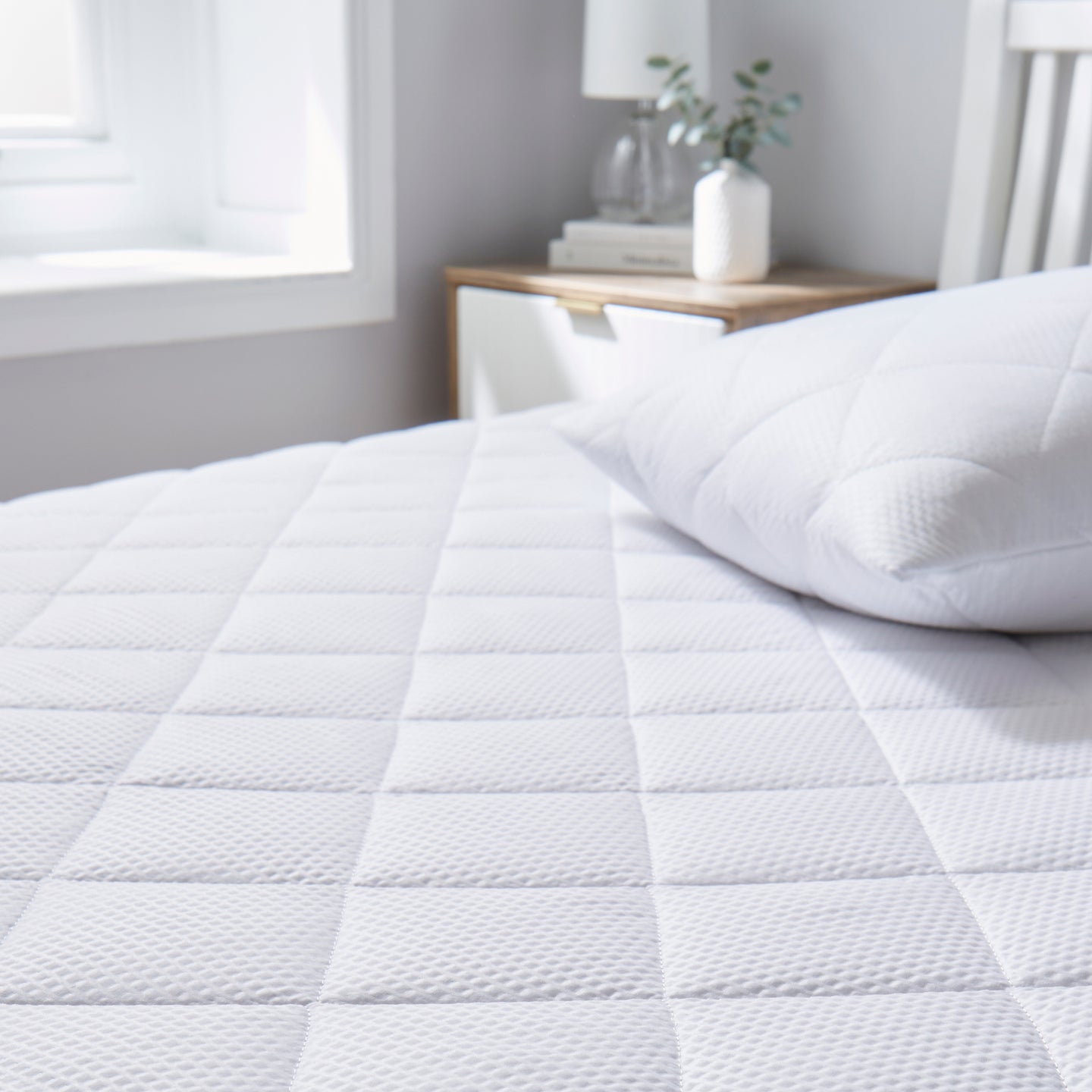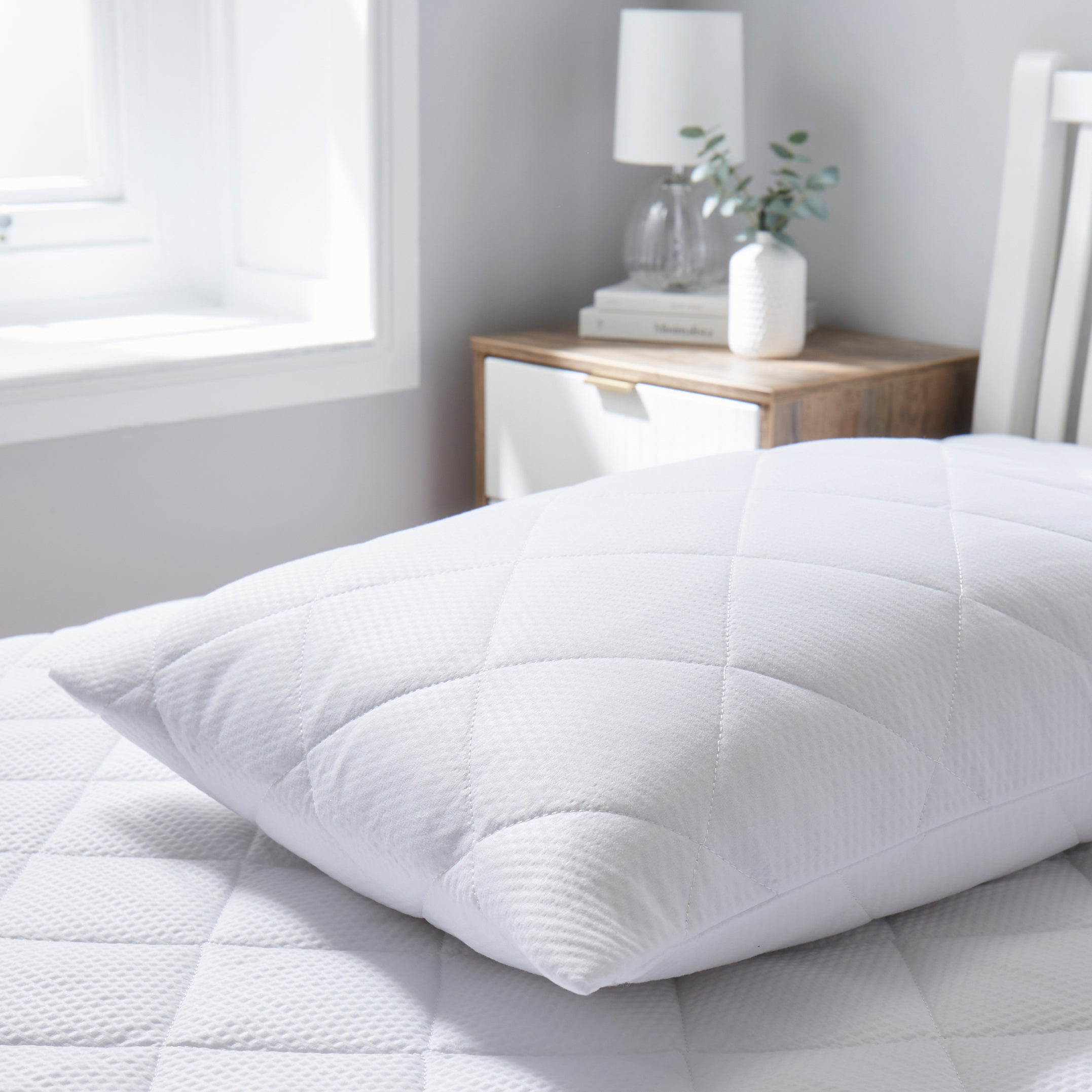On the last Sunday of October each year, the clocks move back by an hour to Standard Time from 2am to 1am. Come March, daylight saving time “springs forward” again. You might not have given much thought to whether these transitions affect your health or how ready you feel for the day. Rather than just following the clock without thinking twice, we think there’s a smarter way: actually planning how you handle the clock change so you can feel and function your best. Below, we’ll share smart and practical ways to manage the October shift depending on your own sleep profile.
How do clock changes actually affect your sleep and health?
While the evidence is still evolving, here’s what we know so far:
The good news for October is that people catch up on a little sleep when we switch to Standard Time. UK data suggest we typically gain 33 minutes the Sunday after the October change (whereas we lose over an hour after the spring change). In natural settings (like camping), people also tend to sleep more during winter’s longer nights, so this shift can help you follow that natural rhythm and fall asleep earlier if you go by the clock.
One thing to watch out for is that more evening darkness can mean more driving in the dark, which may raise crash risk for some. Spring can be a bit trickier, as unlike October, spring change is actually linked with a small sleep-loss related uptick in traffic accidents and workplace accidents and their severity. Some studies have even suggested changes in other behaviours as well after the spring switch, such as grumpiness and irritation.
Three ways you can manage the October clock change
The option which suits you best depends mainly on chronotype (morning lark vs night owl) and whether you usually get enough sleep.
-
Follow the clock change
Shift with society and keep the same clock times as before. For example, going to bed at 11pm and rising at 6am would stay the same after the change. This is best for the early birds or anyone whose social life and schedules align better with conventional evening times.
-
Ignore the clock change and follow your body clock
Keep your internal timing the same, so everything you do happens one hour earlier by the clock. For example, going to bed at 11pm and rising at 6am becomes going to bed at 10pm and rising at 5am. This is best for those who already get enough sleep and can comfortably run an hour earlier than the social clock.
-
Give yourself an extra hour in bed
Go to bed one hour earlier but wake up at the same time as before. For example, going to bed at 11pm and rising at 6am becomes going to bed at 10pm and still rising at 6am. This is best for those with decent sleep quality who are short on sleep (alarm-wakers, anyone feeling a bit stretched). This way, you can make the most of the health perks that come from longer sleep.
Which option is right for you?
If you’re an extreme early bird (asleep by 9pm in the summer): choose option 1 otherwise you might end up drifting into very early winter bedtimes which can be hard on your social life!
If you’re a night owl who already gets enough sleep (1am-9am in the summer): option 2 can work well as you can keep living by your body clock and simply run an hour earlier than the wall clock after the change.
If you’re a night owl who feels like they don't get enough sleep: option 3 is for you as you can squeeze in some extra rest before the alarm goes off.
Tips for adjusting to the October clock change
If you choose option 1 and follow the clock, you’re shifting your body clock one hour later. This means adjusting can be super easy if you simply shift your daily routines along with the clock. In the first week, you should keep morning light a bit lower for an extra hour. This is because morning light tends to shift your body clock earlier, which you don't want just yet. It’s also important to keep your evening routines steady and aim for consistent bed/wake times.
If you choose option 2 and ignore the clock, there’s no major changes needed other than your alarm. You should do everything one hour earlier than what the clock says and stick with the same sleep pattern, light routine, mealtimes and exercise habits you already have.
If you choose option 3 and add an extra hour in bed, you’ll be keeping your rise time the same but going to bed one hour earlier. Since your mornings will start a bit later for your body, you can stop your sleep schedule drifting later by:
- Getting bright light immediately after waking up (at least 15 minutes is good but the more the better!)
- Going on a short walk when it’s light, or sitting by a window if the weather is rubbish.
- Consider investing in a light therapy lamp for around 30 minutes after waking, aiming for at least 10,000 lux.
- If you normally have breakfast or get moving in the morning, keep doing this soon after waking as these habits help steady your body clock.
- Keep an eye on your caffeine. Stick to your usual amount (or even a little less), and try to avoid it after lunchtime so it doesn’t push your body clock later or make sleep lighter.
Sleep well
Take a moment to choose your approach before the clocks change. If you live with family or housemates, it’s helpful to have a quick chat so you’re aligned - especially if you’re planning to run easier than the clock or working in an extra hour in bed. Pick an option, try it for a couple of weeks and see how you feel versus last year. Let us know how you get on, we love hearing from you. Message us on socials @finebeddingco












